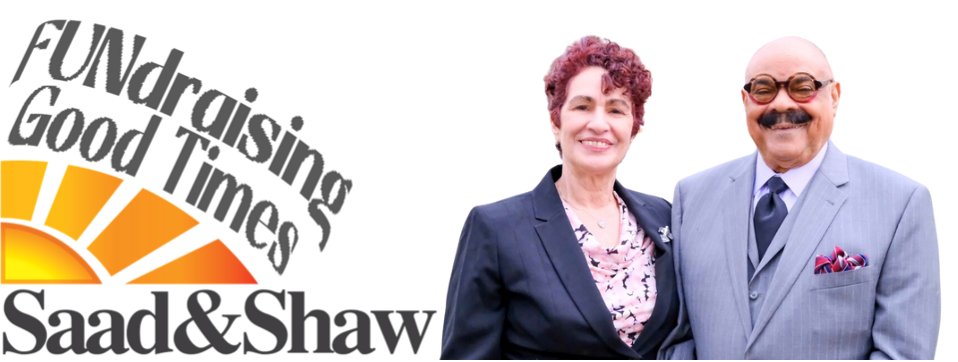Fundraising is known for its abundance of disappointments and few successes. Don’t let that get you down. It’s just a fact of life. And you can overcome it.
Let’s say you’re a kid and you want a specific gift. What do you do? We recommend talking to those who just might give you a gift. Tell them what you want. Tell them why you want it, and how your life will be so wonderfully different once you have it. We hope you can conjure up the feelings that come with knowing you just might get what you want. Feel the feeling of knowing that people are going to come through for you.
You need this feeling when you are fundraising as a nonprofit director or CEO. You must believe that what you are asking for is important. You have to know and understand the mission, goals, values, and fundraising priorities of the organization you represent. You have to feel confident – you are not begging. And you cannot take rejection personally. If you have hesitancy, hire a consultant to coach you through the process of learning how to have a cultivation conversation, and – at the appropriate time – a solicitation conversation. Fundraising is a noble activity you engage in on behalf of the organization you lead. If you can’t overcome your fear of asking you are doing a disservice to your nonprofit.
Do your homework. Your ask or solicitation should be informed by knowledge of what your constituency wants, what their complaints are, and the ways in which they value you. You should have already tested and gotten proper feedback from stakeholders about your fundraising priorities. In terms of a specific ask, you need to do your personal homework to understand the prospective donor or funder you are approaching. Do you know what is important to them?
Get your house in order. Here’s a basic tenet – you can’t sell what you don’t know. Just because your organization “needs money” doesn’t mean you are ready to fundraise. You start with a written case for support that defines what you are raising money for, how much you need for specific initiatives, and what the impact will be when your fundraising is successful. You must practice, practice, practice your elevator speech. And you need a backup plan. If a prospective donor or funder says “no,” you need another option to put on the table that aligns with their interests and capacity. Too often the search for funding blinds a solicitor from asking for other valuable resources such as engagement, in-kind resources, expertise, or introductions.
You may say to yourself, “Oh my gosh that is a lot of work! Why won’t people just give us money? We need it.” Ah, if only life was like that. Gifts that come like manna from heaven are few and far between. You have to prepare. And that includes building the capacity and infrastructure to properly cultivate, make the ask, and follow up. You can do it, it’s all part of leadership!



